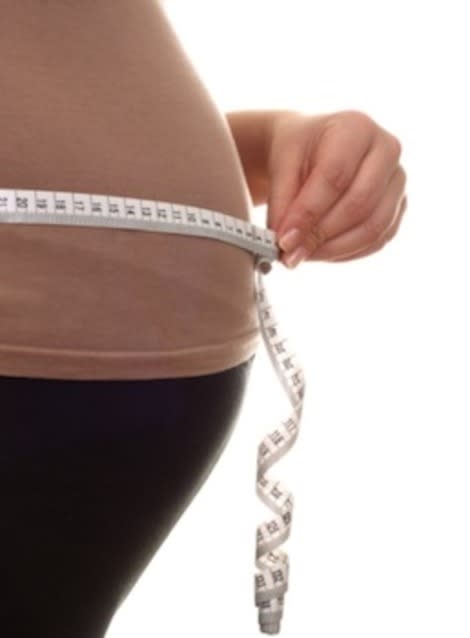Nearly Half of Americans Will Be Obese in 2030: Is it Time for a Collective “Not Rocket Science” Diet?

According to a new study by researchers from the Centers for Disease Control (CDC) and Duke University, 42% of Americans may be obese by 2030. Moreover, 1 out of 10 people will be severely obese. "This is a group at risk of really great health implications, yet they are increasing at even a greater rate than overall obesity," study co-author Justin Trogdon, PhD, of the Research Triangle Institute, said at a news conference reporting the findings.
The public health implications are staggering. Overweight and obesity is linked to many chronic diseases including cardiovascular disease, hypertension, and cancer. The economic burden obesity puts on the health care system amounts to about $147 billion dollars a year, or 9% of annual medical costs.
It's clear that America needs to go on a collective diet, but which one? Each week, a new book hits the bestseller lists, often with contradictory advice. Should you eat mostly meat or mostly carbohydrates? Dine like a caveman or a French woman? Every fad from grapefruit to cabbage soup has had an ardent following.
In April, researchers at Beth Israel Deaconess Medical Center in Boston (BIDMC) published their findings that the most effective way to lose weight might actually be the simplest. Lead author Jacinda M. Nicklas, MD, MPH, MA, a clinical research fellow at BIDMC and Harvard Medical School and her team, looked at data from more than 4,000 obese individuals taken from the 2001-2006 National Health and Nutrition Examination Survey conducted by the CDC to evaluate the health and nutrition of adults in the United States. The results were surprising-but maybe not to the nation's grandmothers who would probably offer the same advice.
Nicknamed the "Not Rocket Science Diet," the scientists found that the two most important behaviors for weight loss were exercising more and eating less fat. Joining a support group, such as Weight Watchers, was also helpful.
People who stuck to those habits were the most likely to 5% or more of their body weight in less than a year. Though that may not seems like much, reducing body weight by 5% is what doctors say starts to results in better health outcomes. The authors also found that liquid diets, nonprescription diet pills, and fad diets had "no association with successful weight loss."
"It's very encouraging to find that the most of the weight loss methods associated with success are accessible and inexpensive," says senior author Christina Wee, MD, MPH of BIDMC. "There are lots of fad diets out there as well as expensive over-the-counter medications that have not necessarily been proven to be effective."
No one says that finding time to exercise is easy or decreasing your intake of fat is fun, but they work. It's that simple.
